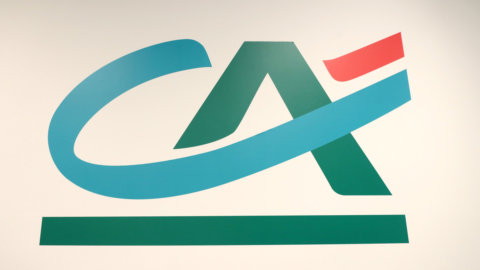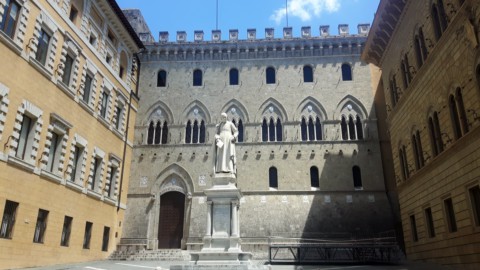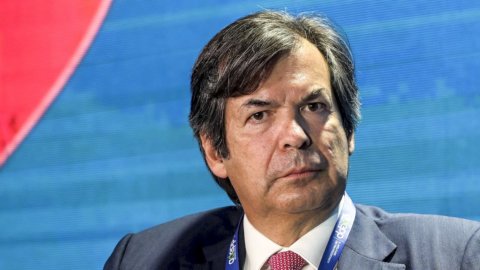The low price of oil and the summer boom give wings to low cost companies that are ready to do battle even during the winter. From Cernobbio, to Villa D'Este, where the traditional Ambrosetti workshop is underway, Ryanair Chief Executive Officer Michael O'Leary, promises bargain fares and relaunches the challenge on Italy, without sparing new criticisms of the former national airline Alitalia. “We expect a price war in Europe – O'Leary said on the sidelines of the Villa d'Este conference – What many companies are doing is taking the incredibly low oil prices, below $50 a barrel, and transferring them into profits . What we at Ryanair are doing is passing them on at surprisingly low fares. We foresee a price war because we are the ones who want to start it”.
Low prices and increasingly widespread routes. With the opening of the new base to Milan Malpensa and 28 weekly flights, announced in recent days, Ryanair is determined to raise the competition even further in Italy. In 2016, O'Leary said, Ryanair “will grow both in Bergamo and Malpensa, like last year when we opened the base in Fiumicino and continued to grow in Ciampino. Many millions of consumers want our low fares, they are fed up with paying the high fares of Alitalia and easyJet”.
Not only. The managing director of the Irish carrier has not spared new criticisms of the strategy of the former flag carrier, also in terms of the country system. Unlike the former national airline, added the manager, Ryanair "has given a great opportunity to Italian tourism with direct flights to the southern regions and to the islands, for which we see enormous interest". “Alitalia – he said – has cut many flights and routes and for many years had fares that were too high and did not increase tourism and growth in Italy. We believe that for Italian tourism the South and the islands are a great opportunity. In the past, to fly to Bari you had to go to Rome or Milan. If you give people direct flights to Bari or Sicily you will see huge flows because people can go directly to fantastic destinations at very low prices.”
On the other hand the big hubs that sort traffic to the rest of the country are the stuff of the 70s and the expansion of low cost airlines is also supporting the prospects of the numerous Italian airports. “I think the hubs are for the 70s when Italians were forced to go to Milan or Rome to go anywhere – said O'Leary – In the future there will be many more direct routes to Italian airports, shorter routes operated by Ryanair or longer not operated by Alitalia but by American or other carriers. Which means there is a much more stable and potentially growing future for Italian airports”.
However, Ryanair's expansion plans do not only concern Italy. The gauntlet is thrown across Europe. “Expansion is happening all over Europe. We plan to grow above 100 million passengers and I expect that in 2016 it will reach 110/115 million”, O'Leary said, specifying that discussions continue to expand routes. “At the moment we are in discussions with more than 60 new airports in Europe where we do not fly – he explained – And many of the 190 airports where we are present want to be our bases, which are currently seventy, because everyone wants to participate in the growth. The message from us is that we have ordered 400 aircraft which will be delivered over the next eight years. Our annual traffic will nearly double, we see strong growth.”
In Ryanair's sights, not only scheduled carriers such as Alitalia, but also other low-cost airlines. “Easyjet talks about low fares and expansion while Ryanair applies low fares and expands – attacked O'Leary speaking of the German market – In Germany we expect to grow from 5% market share to 20% in the next four years”.





